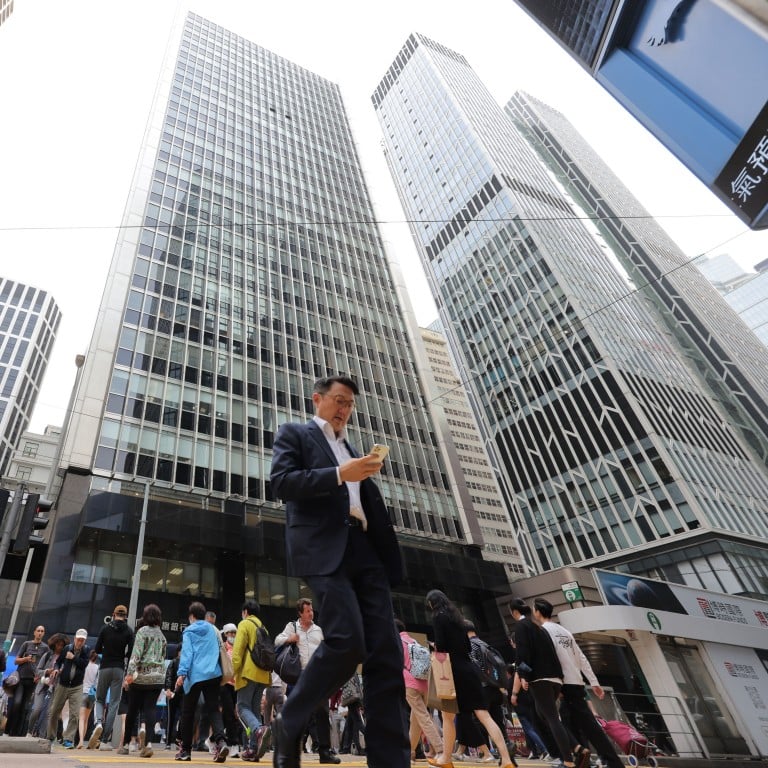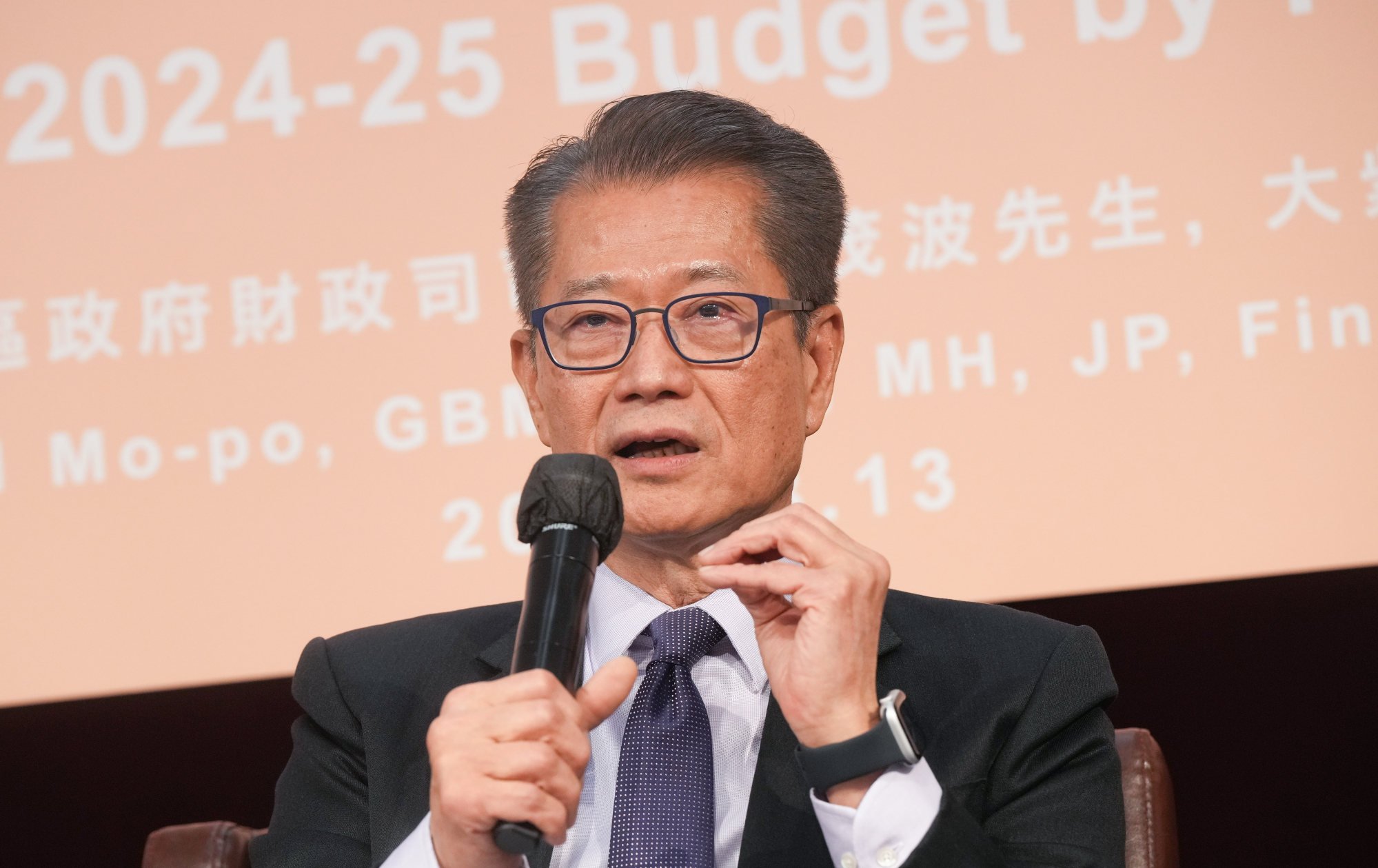
Hong Kong to cut tax on intellectual property profits to 5%, align copyright law with AI advances
- Tax on profits derived from qualifying IP will be reduced to encourage companies to devote more resources to R&D, according to finance chief Paul Chan
- City should also focus on exploiting ‘enormous potential’ of IP trading market as it seeks to fulfil national mission of becoming innovation and technology hub, he says
Hong Kong will reduce the tax on profits derived from intellectual property (IP) and update legislation to reflect breakthroughs in artificial intelligence (AI) as part of a wider push to turn the city into a hub for copyright trading, the finance minister has said.
Boosting legal protection for IP was critical as it provided incentives for the advancement of technology and the development of creative industries, the minister stressed.
On Wednesday, Chan said the government would introduce a bill in the Legislative Council to amend the Inland Revenue Ordinance and implement a “patent box” tax incentive.
It will reduce the tax on profits derived from qualifying IP to 5 per cent, much lower than the normal profits tax rate of 16.5 per cent, in the hopes of encouraging companies to devote more resources to research and development (R&D), as well as make money off the results.

More would also be done to protect IP rights, Chan pledged.
“We shall review the Copyright Ordinance in order to offer due protection of copyright in response to the latest developments of AI,” he said. “A consultation will be conducted within this year.”
In his 2023 policy address, Chief Executive John Lee Ka-chiu pledged to strengthen measures to develop the city into a regional IP trading centre, including a review of the Copyright Ordinance. Its latest amendments came into force in May of last year.
Chan stressed the importance of effective protection and commercialisation of IP to industries involved in R&D, the creative industries, design and brand licensing.
Copyright law update required to keep pace with AI advances
Hong Kong recorded an average of more than 10,000 standard patent registrations each year from 2021 to 2023, up 50 per cent from the annual average a decade ago, he noted.
“This is a clear indication of the enormous potential of the IP trading market in Hong Kong,” he said.
The city should also leverage the advantages offered by the mainland’s policy of developing “new quality productive forces” to further develop Hong Kong into an international innovation and technology hub, a task laid down in the nation’s latest five-year plan.
Hong Kong could play a pivotal role in facilitating IP trading within the bay area, Beijing’s plan to turn the financial hub, Macau and nine southern mainland cities into an economic powerhouse, he argued.
“The [Hong Kong] government will also promote exchanges and cooperation in different IP domains with sister cities in the Greater Bay Area,” he said. “This includes facilitating cross-border applications for various forms of protection of IP registration, and promoting Hong Kong’s professional services in IP to support businesses in IP trading in the [bay area].”
19 I&T firms from mainland China, US pledge to open or expand in Hong Kong
Francis Fong Po-kiu, the honorary president of the Hong Kong Information Technology Federation, supported a review of the copyright law to modernise it amid the rapid development of AI technology.
“In Hong Kong, copyright is a property right granted under the Copyright Ordinance, with the current understanding that AI cannot own copyright,” he said. “For works generated wholly by a computer, the author is considered to be the person who made the arrangements necessary for the creation of the work, which may include the developer of the software.
“As technology evolves, the law could be written to account for AI’s role in creation by possibly expanding the definition of an author to include legal entities responsible for the AI or by creating a new category of rights for AI-generated works.
“This would ensure that the law remains adaptable to future technological developments.”
Fong also supported the patent box tax incentive, saying: “At 5 per cent, it is considered attractive as it will significantly reduce the tax burden of enterprises and encourage them to engage in more IP creation.”
According to papers prepared last year by the government for legislators, the tax rates of overseas patent box regimes ranged from 4.99 per cent in Luxembourg, 10 per cent in Ireland to up to 16 per cent in Israel.

